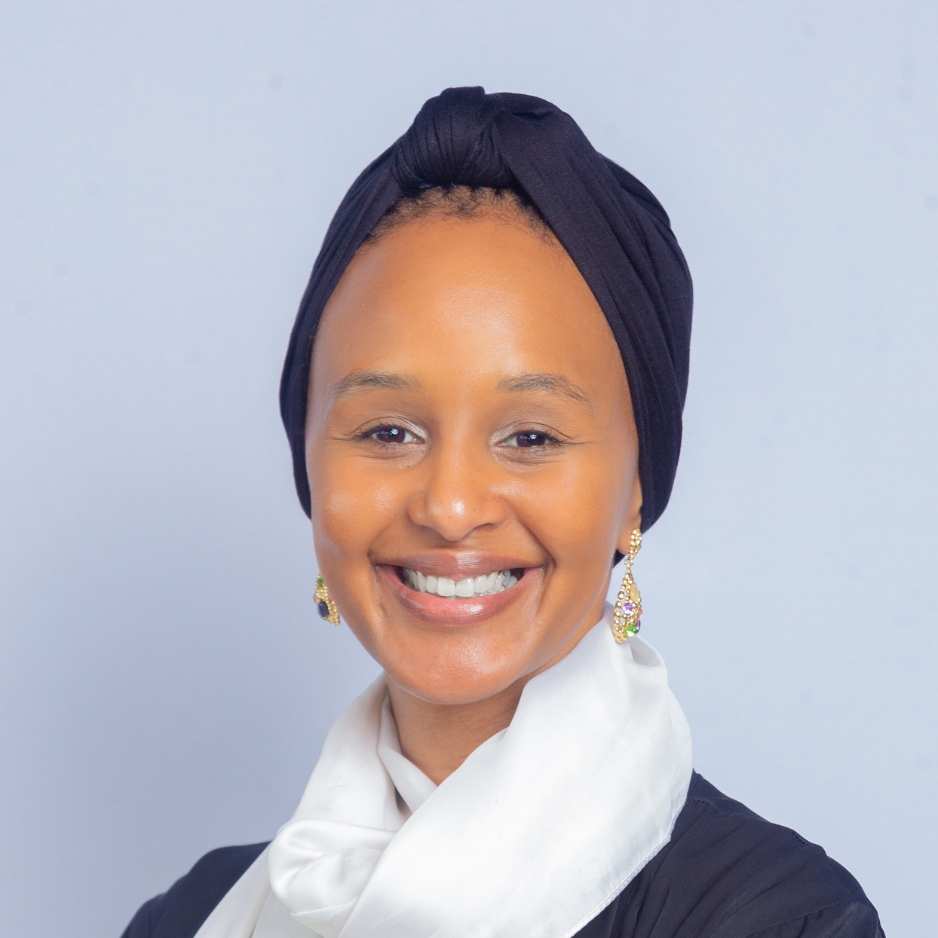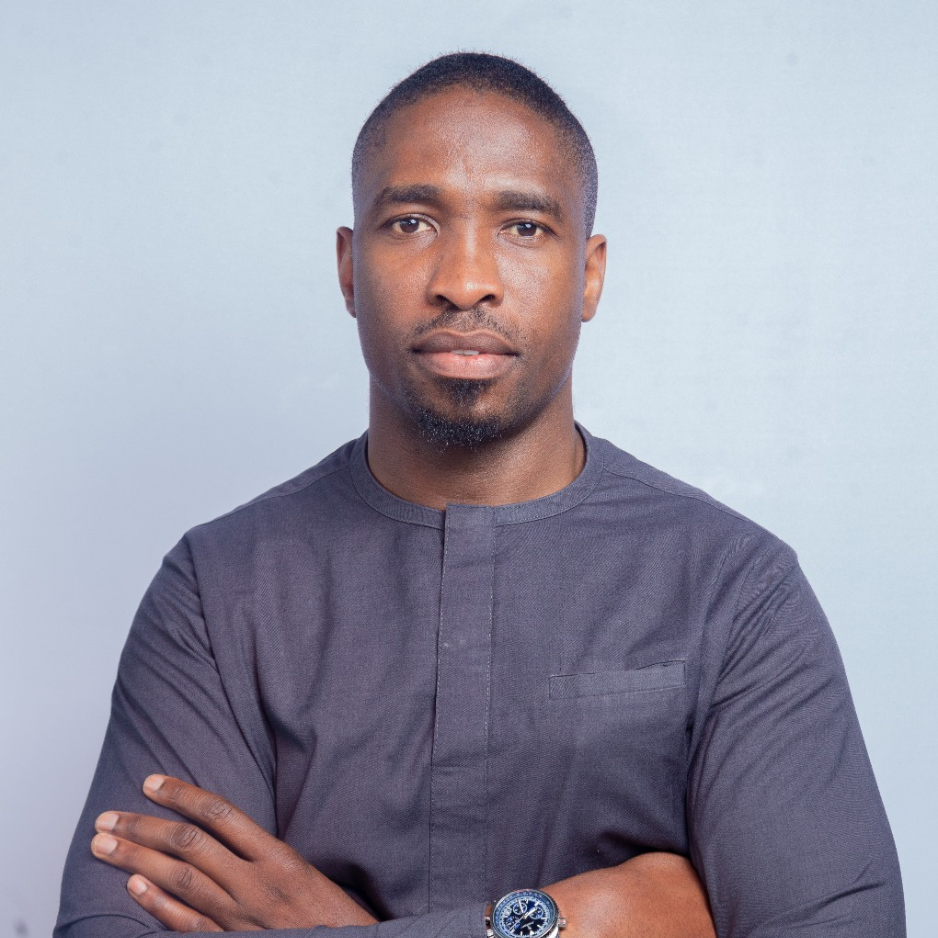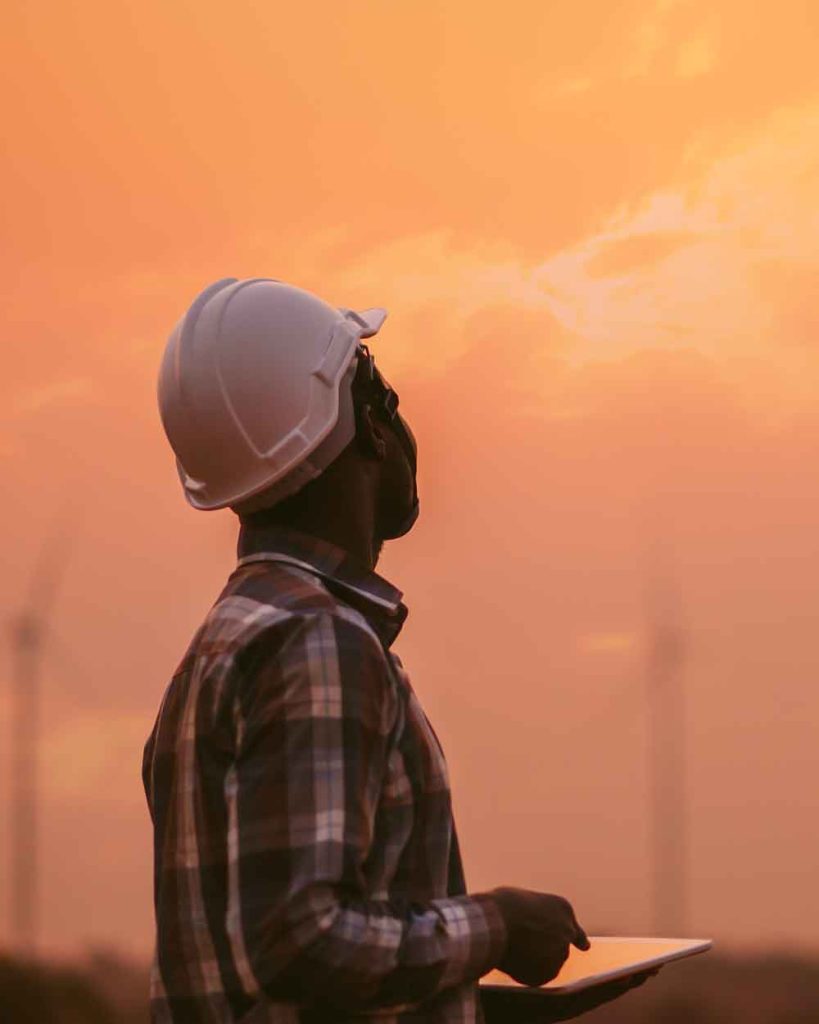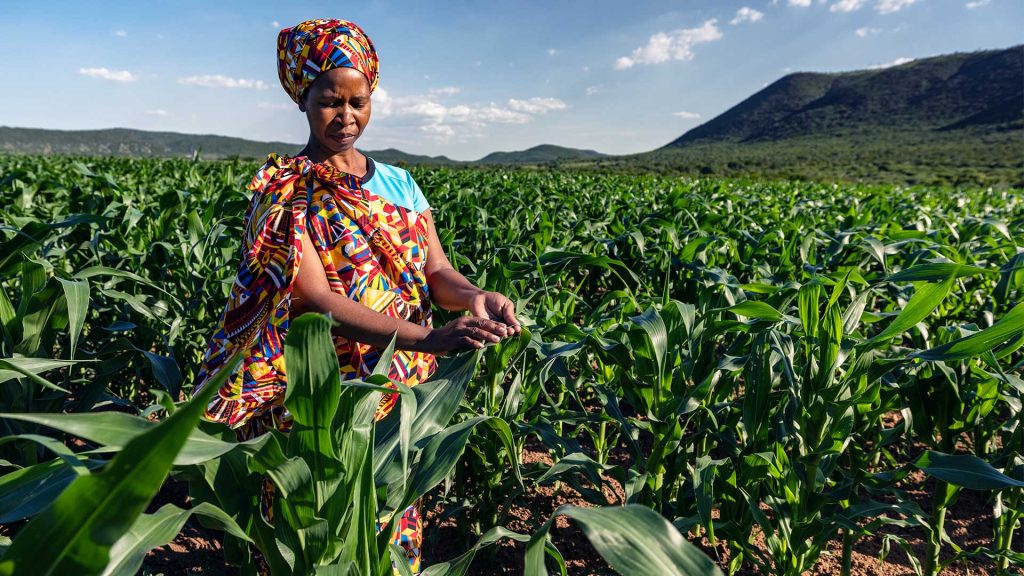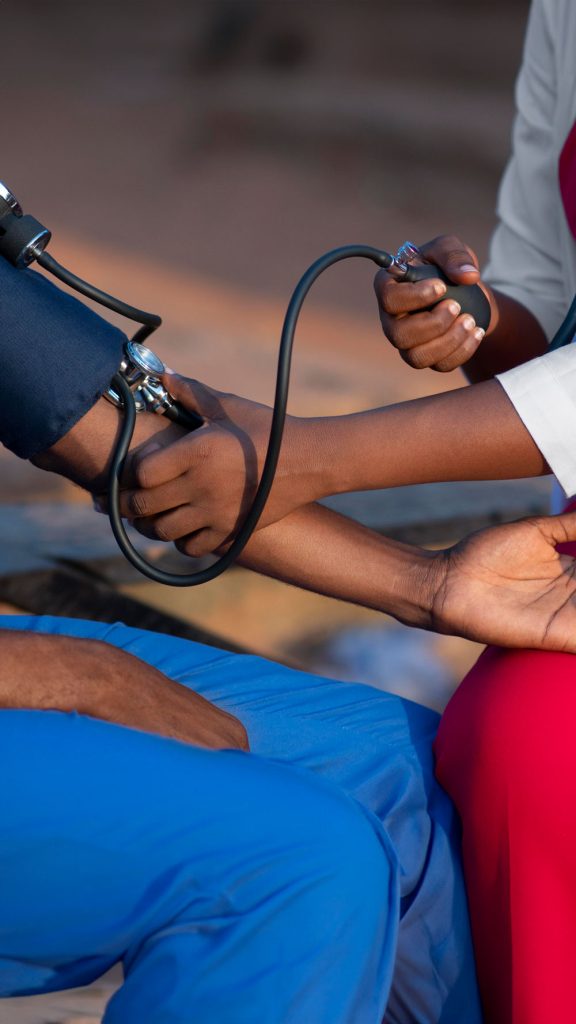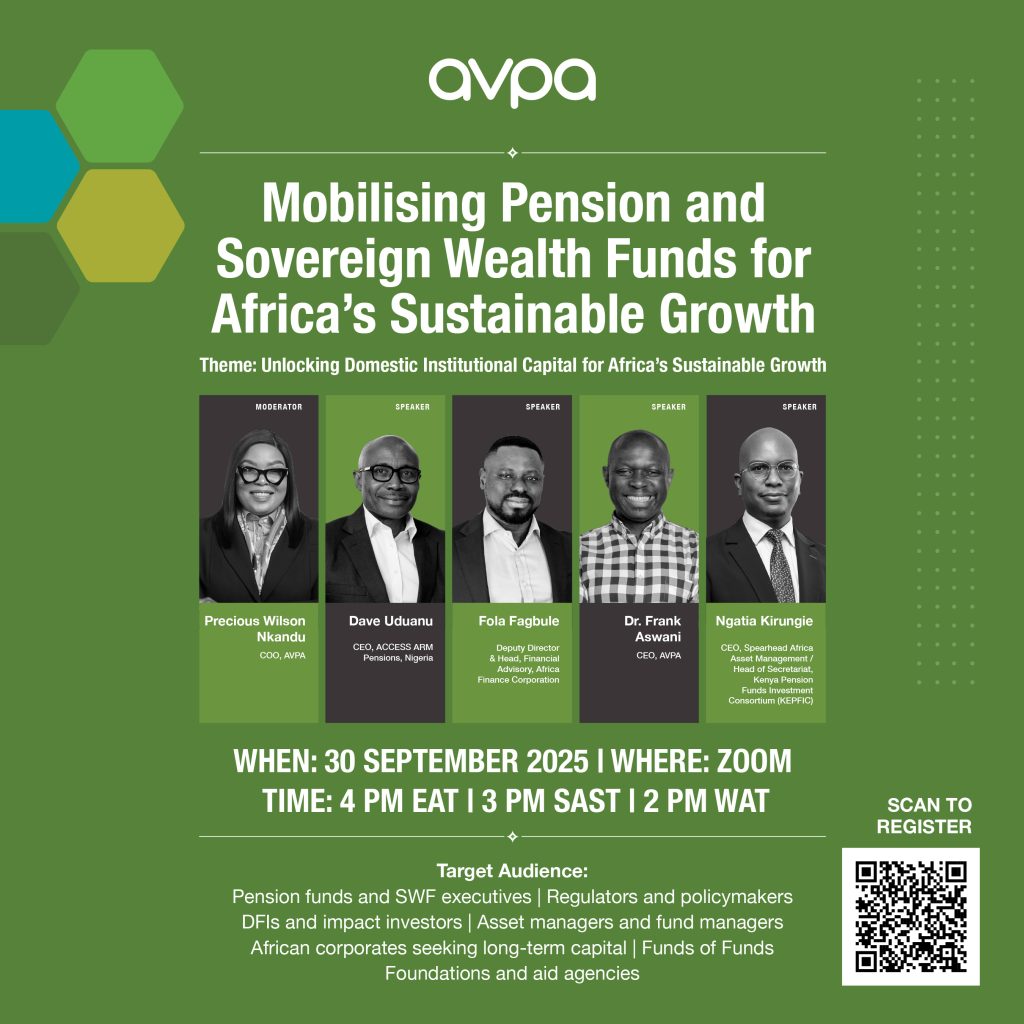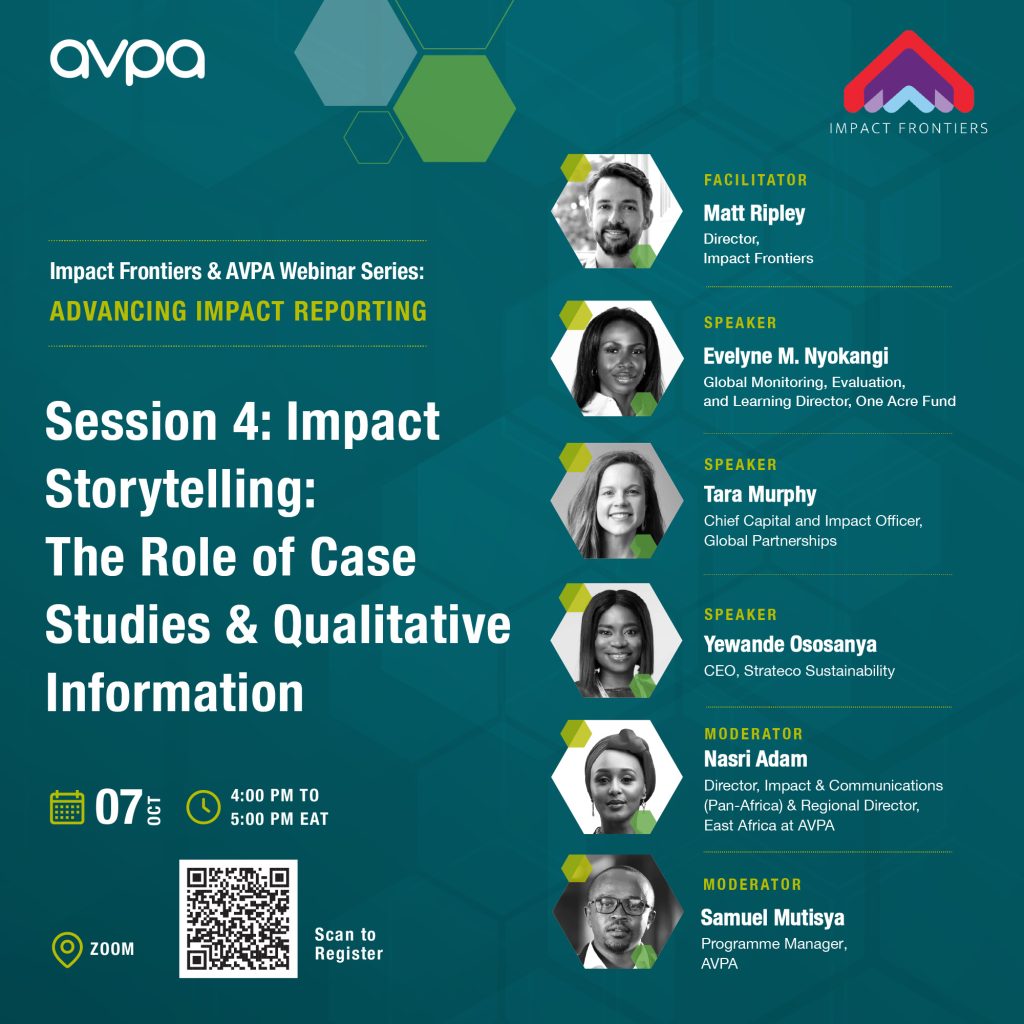Across the continent, women are holding up entire industries, from township stalls to tech startups, from rural agriculture to green infrastructure. They are building, selling, creating jobs, and sustaining livelihoods. But there is a disconnect: while women are powering Africa’s economies, they’re largely locked out of the capital needed to scale their work.
That’s not just a gap; it is a structural fault line holding back Africa’s growth.
Sub-Saharan Africa has the highest percentage of women entrepreneurs in the world. According to the Global Entrepreneurship Monitor, one in four women (25.9%) is starting or managing a business. And they’re not just doing it for themselves: women reinvest up to 90% of their income back into their families and communities, compared to just 40% for men. It is not only a multiplier effect, but a strategy for building resilient economies.
Yet, despite their critical role in our economies, African women face an estimated $42 billion financing gap across business value chains, including $15.6 billion in the agriculture sector alone. Many are locked out due to high interest rates, lack of capital, or outdated financial systems that were not designed with them in mind.
But the challenge runs deeper than finance. Cultural attitudes in many contexts discourage women from taking financial risks or seeking capital, often painting such actions as inappropriate or threatening to social norms. This reinforces cycles of exclusion and weakens women’s confidence in engaging with investors.
Moreover, traditional investment structures often treat ‘gender’ as a single issue, ignoring how class, geography, caregiving roles, or climate vulnerability intersect to shape the lived realities of African women. Gender-smart investing must evolve to become more intersectional, flexible, and context-specific, especially for marginalized women.
At AVPA, we see gender-smart investing as a powerful lever to reverse this. In April 2025, we hosted a dynamic gender smart investing webinar with investors and entrepreneurs to explore how gender-lens investing is showing up across African markets. What we heard was encouraging, but also urgent. There is growing interest, but we need practical tools, contextual data, and a real shift in how capital is structured and deployed.
We need blended finance models, informal lending mechanisms, and investment structures rooted in African realities, not just global benchmarks. And just as importantly, we must fund ecosystem efforts that work to shift the very social norms that exclude women in the first place. This means investing with women as co-creators and decision-makers, not simply in women-led businesses.
AVPA is building frameworks, partnerships, and learning platforms to help move gender-lens investing from niche to mainstream. But we can’t do this alone.
Join us in Nairobi from 3–5 November for the 2025 AVPA Conference, under the theme “Future-Proofing Africa.” Together, we will unpack one of the continent’s most critical questions: How do we design capital that works for African markets, African realities, and all of Africa’s people, especially the women who have been at the heart of it?


